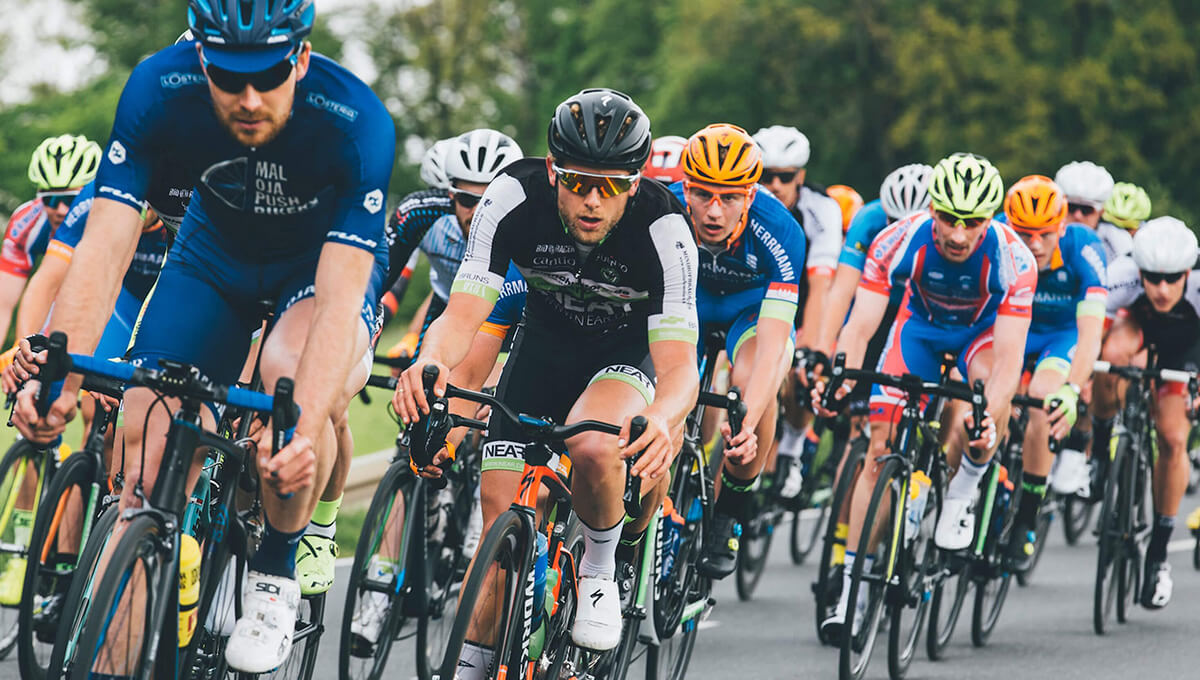The road to the Olympics is a multifaceted journey that encapsulates the essence of competitive sports, highlighting the dedication, discipline, and determination of athletes worldwide. This journey not only involves rigorous training and competition but also reflects the broader landscape of sports culture, values, and the spirit of international camaraderie.
Here’s a comprehensive look at this journey and its significance in the world of competitive sports.
1. Understanding the Olympic Games
- History and Evolution: The Olympic Games, originating in ancient Greece, have evolved into a global phenomenon since their revival in 1896. They now feature over 30 sports and thousands of athletes from around the world.
- Olympic Values: The Games promote values such as excellence, friendship, and respect, encouraging athletes to strive for their best while fostering a sense of unity among nations.
2. The Qualification Process
- National Trials and Competitions: Athletes typically must compete in national trials or championships to qualify for the Olympics. These events are often highly competitive and serve as a critical step in an athlete's journey.
- World Rankings and Points Systems: Many sports utilize world rankings or points systems to determine Olympic qualification, allowing athletes to secure spots based on their performance in international competitions.
- Continental and Regional Events: Events like the Pan American Games, European Championships, and Asian Games often serve as qualifiers, providing additional opportunities for athletes to earn their Olympic berths.
3. Training and Preparation
- Long-Term Commitment: The journey to the Olympics requires years of dedication, with athletes often starting their training in childhood. This commitment includes physical training, skill development, and mental conditioning.
- Coaching and Support Systems: Coaches play a vital role in an athlete's development, providing guidance, strategy, and motivation. Support from sports psychologists, nutritionists, and medical professionals is also crucial for optimizing performance and managing stress.
- Facilities and Resources: Access to quality training facilities, equipment, and funding can significantly impact an athlete's preparation and success.
4. The Role of Sports Organizations
- National Olympic Committees (NOCs): Each country has an NOC responsible for overseeing the selection and preparation of athletes for the Olympics, ensuring they meet the necessary criteria and standards.
- International Federations (IFs): Each sport is governed by an IF that establishes rules, organizes competitions, and manages the qualification process for the Olympics.
5. The Olympic Experience
- Opening Ceremony: The Olympics kick off with a spectacular opening ceremony, showcasing the host nation's culture and the participating countries, creating a sense of unity and celebration.
- Competition and Performance: Athletes compete in various events, often under immense pressure. The experience of competing at the Olympics is unique, with athletes representing their countries and striving for personal and national glory.
- Camaraderie and Sportsmanship: The Olympics foster a spirit of camaraderie among athletes, transcending national rivalries. Many athletes form friendships and share experiences that highlight the human spirit.
6. Post-Olympic Life
- Career Transition: After the Olympics, athletes often face the challenge of transitioning to life beyond competitive sports. Some may continue to compete, while others pursue careers in coaching, sports administration, or other fields.
- Legacy and Impact: Olympic athletes can leave a lasting legacy, inspiring future generations and contributing to their communities through advocacy, mentorship, and outreach.
7. Challenges and Controversies
- Doping and Fair Play: The fight against doping is a significant issue in competitive sports, with strict regulations and testing to ensure fair competition and the integrity of the Games.
- Political and Social Issues: The Olympics have sometimes served as a platform for political statements and social issues, reflecting broader societal challenges and the role of sports in addressing them.
8. The Broader World of Competitive Sports
- Diversity of Sports: The world of competitive sports encompasses a wide range of disciplines, from traditional team sports like soccer and basketball to individual sports like swimming and athletics, as well as emerging sports and extreme sports.
- Youth Development: Many sports organizations focus on youth development programs to nurture talent from a young age, ensuring a pipeline of future athletes.
- Globalization of Sports: The globalization of sports has led to increased competition and collaboration, with athletes and teams from different countries learning from each other and pushing the boundaries of performance.
Conclusion
The road to the Olympics is a remarkable journey that embodies the spirit of competitive sports. It is a testament to the hard work, resilience, and passion of athletes who strive for excellence on the world stage. As the Olympic Games continue to evolve, they remain a celebration of human potential, unity, and the enduring power of sports to inspire and connect people across the globe.






